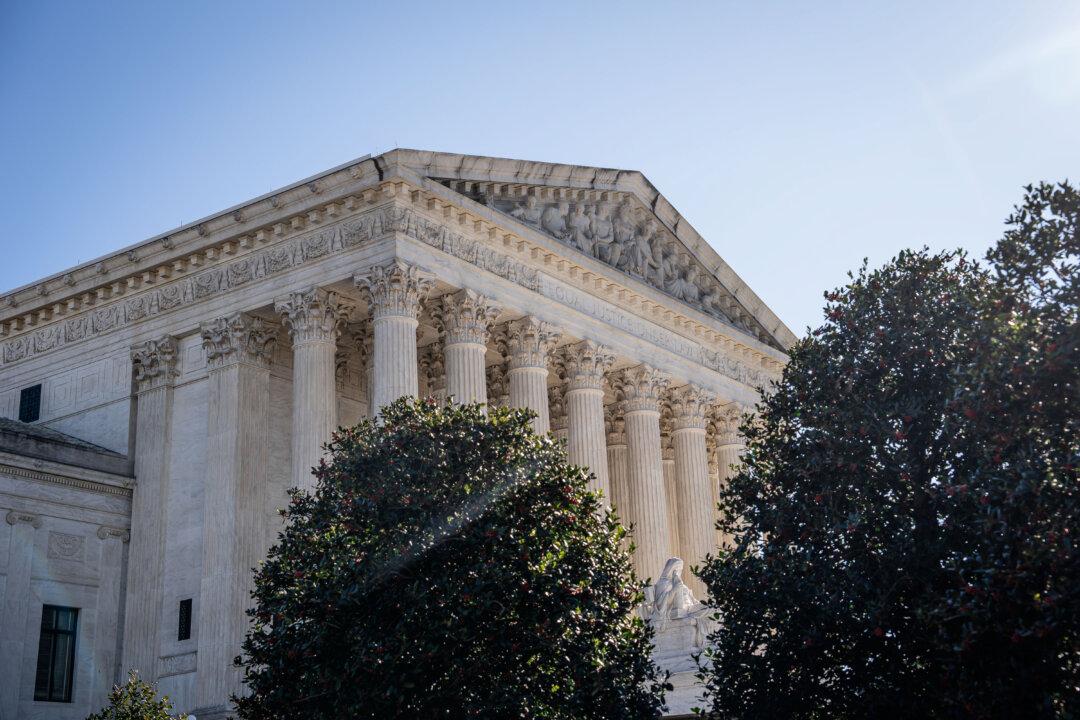The U.S. Supreme Court said it will consider on Jan. 24 whether to hear an appeal from a Maryland father on behalf of his son who was injured in a police shooting.
The case deals with qualified immunity, a rule created by the courts that shields government officials, including police officers, from individual liability unless the wrongdoer violated a clearly established right.





